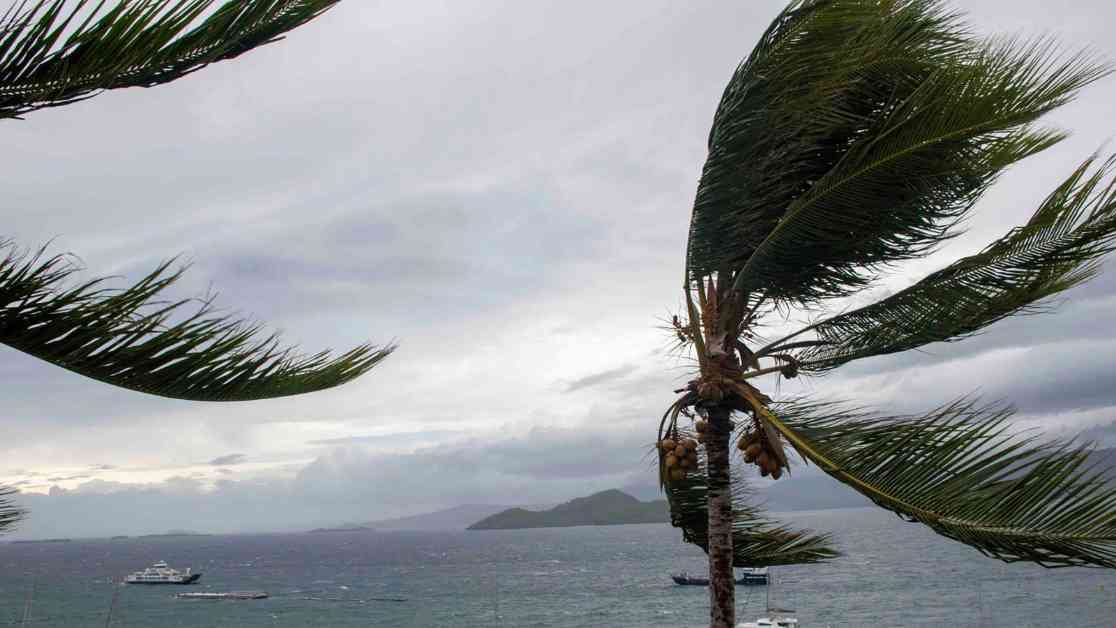Mayotte Devastated by Cyclone Chido
On Saturday, Cyclone Chido, the strongest storm in over 90 years, wreaked havoc on the French territory of Mayotte, potentially resulting in close to a thousand casualties. The top official on the island reported the catastrophic impact of the storm, which also affected the nearby islands of Comoros and Madagascar.
UNICEF Steps In
Mayotte, situated approximately 500 miles off Africa’s east coast, is home to just over 300,000 residents spread over two main islands. Despite becoming an official French colony in 1843, Mayotte remains the poorest region of France, grappling with long-standing issues such as drought, underinvestment, and gang violence. The aftermath of Cyclone Chido has only exacerbated the existing challenges faced by the islands.
United Nations Children’s Fund (UNICEF) officials highlighted the extensive damage caused by the cyclone, leading to the partial or complete destruction of numerous homes, schools, and health facilities. Efforts to maintain essential basic services are underway, with UNICEF stressing the urgent need for additional support.
French Government Mobilizes Support
In response to the crisis, France’s interior ministry has deployed 1,600 police and gendarmerie officers, along with rescuers and firefighters from Mayotte and the nearby territory of Reunion. Military aircraft and ships have been dispatched to transport essential supplies to the affected areas. The Prefect of Mayotte, Francois-Xavier Bieuville, expressed grave concerns about the rising death toll, emphasizing the challenges in accurately determining the total number of casualties.
Understanding Cyclones and Climate Change
Cyclones, such as Cyclone Chido, play a crucial role in Earth’s weather system by facilitating the transfer of heat and energy between different regions. These powerful storms form due to warm sea temperatures that create thundery showers, eventually leading to the development of a spinning cylinder. While cyclones gain strength from the ocean, their impact on land can be devastating, causing widespread destruction and loss of life.
The southeastern Indian Ocean experiences cyclone season from December to March, with southern Africa frequently bearing the brunt of these intense weather events. Recent cyclones like Idai and Freddy have resulted in significant casualties across multiple countries, underscoring the urgent need for global action on climate change. The Intergovernmental Panel on Climate Change (IPCC) warns that as the planet warms, cyclones are likely to become more dangerous, posing a greater risk to vulnerable communities.
As we witness the devastating aftermath of Cyclone Chido in Mayotte, it serves as a stark reminder of the urgent need to address climate change and its impact on regions already facing significant challenges. The human toll of natural disasters underscores the importance of international cooperation and support to mitigate the effects of climate-related events on the most vulnerable populations.




